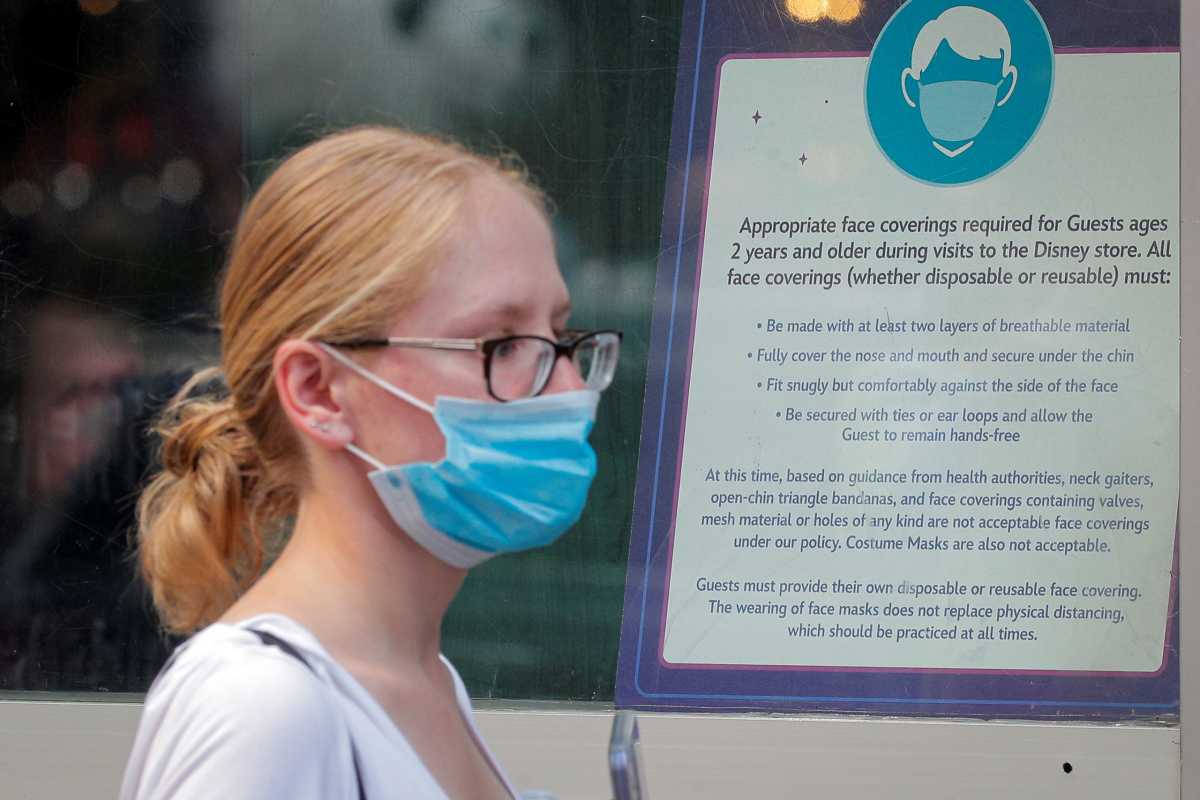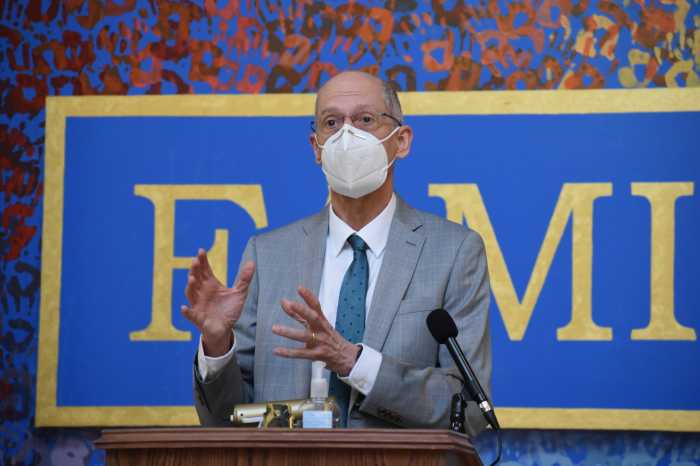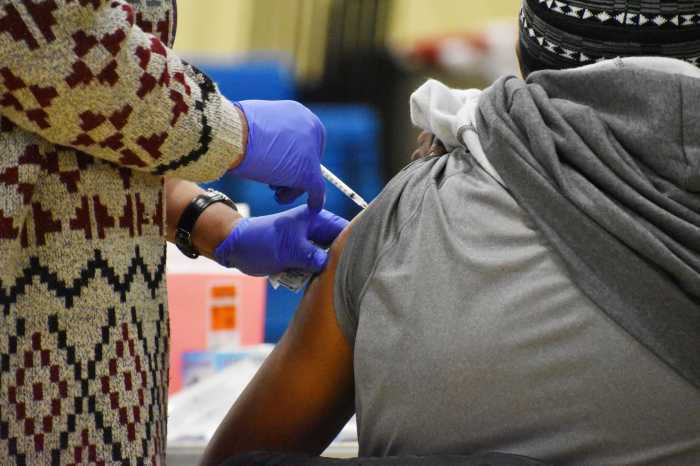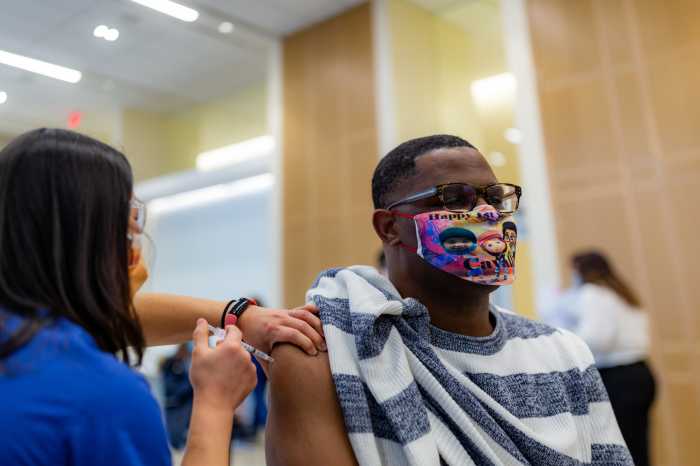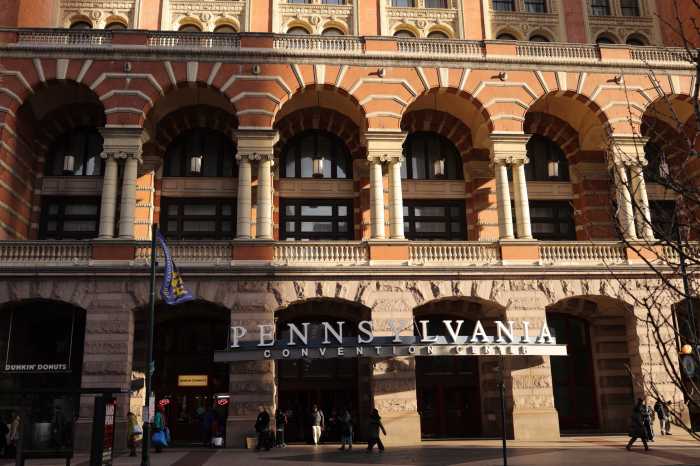Philadelphia is not considering requiring people to show that they have received a coronavirus vaccination before going inside a restaurant or gym, as officials in New York announced Monday, the city’s health commissioner said.
Nor are city leaders prepared to reinstate an indoor mask mandate, preferring, at least for the time being, to stick with a strong recommendation.
But Acting Health Commissioner Cheryl Bettigole said she is concerned about a rapid increase in COVID-19 infections over the past several weeks, likely caused by the rise of the Delta variant.
“The pandemic in Philadelphia has taken a turn that none of us wanted to see,” Bettigole said Tuesday during a virtual news briefing.
Philadelphia and all of its suburban counties, barring Chester, have moved into the U.S. Centers for Disease Control and Prevention’s “substantial” category for virus transmission, the threshold for which it says people should begin masking in indoor public places.
“There are lots of things we’re discussing right now as we look at the numbers with concern,” Bettigole said. “I wouldn’t rule out a mask mandate, but, as of today, we are not about to do one.”
“Our commitment is to keep Philadelphians safe but also to keep the restrictions to the minimum that’s necessary for that safety,” she added.
Mayor Jim Kenney’s administration has, since July 22, been “strongly recommending” residents wear masks when indoors in public, leaving individual businesses in charge of whether to require face coverings.
A few restaurants, such as Martha in Kensington, have instituted policies requiring customers who want to dine indoors to prove they are vaccinated, causing an uproar among those opposed to receiving the shot.
Bettigole told reporters that city officials have not been “actively discussing” measures similar to those taken by New York City, which will require staff and customers at restaurants to be inoculated beginning next month.
Such regulations would not be the next logical step for Philadelphia, Bettigole said.
In addition to asking people to mask up regardless of vaccinated status, she encouraged residents to avoid crowded indoor gatherings; limit social get-togethers to small groups or with vaccinated people only; and hold events outdoors.
COVID-19 cases have increased four-fold in Philadelphia since July 4, rising to more than 800 for the week of July 25, with results still being counted. The city’s positive test rate rose above 4% for the first time since April.
Young adults appear to be the most affected by the recent surge, perhaps because those between the ages of 20 and 34 are least likely to be vaccinated.
“What I hear from colleagues around the country, that’s who’s in the hospital,” Bettigole said. “They’re taking care of people in their 20s who are on ventilators, and that’s new.”
Inoculation rates are lowest among Black Philadelphians 18 to 44 years old. Less than a third of that group has received a shot, according to city data.
Though vaccinated people can still catch the virus, their chances of being hospitalized are minimal, Bettigole said.
More than 942,000 residents, or about 76% of the city’s adult population, are at least partially vaccinated.
Outreach continues to those who still have questions and are undecided about the vaccine. Bettigole said she believes just 10% of Philadelphians are adamantly opposed to the shot.



